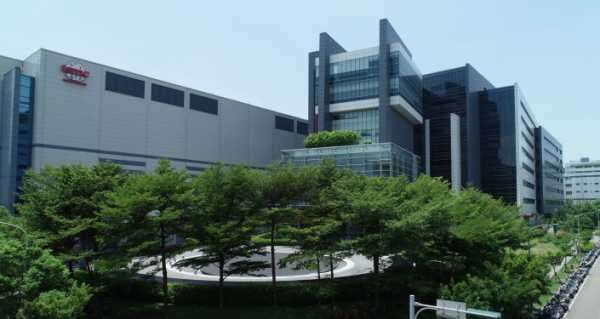
The investments come amid a global shortage in semiconductors and decoupling efforts on behalf of Washington and Beijing, sparking a competition to fund global chipmakers amid the tech race.
Taiwan Semiconductor Manufacturing Co (TSMC) announced plans on Thursday to invest $100bn into advanced chipsets for the next three years, citing skyrocketing demand, CNN Business reported on Thursday.
The funds come after the chipmaking firm announced in January it would boost funding for new semiconductors from $25bn to $28bn, up from $17bn from last year.
Industry “megatrends” such as 5G and new computing models would fuel a surge in the semiconductor industry, the company said, adding the ongoing COVID-19 pandemic “accelerates the digitalization in every aspect”, the statement read.
News of the investments triggered a 2 percent rise in the firm’s stocks in Taipei on Thursday.
The comments come after company chairman Mark Liu said at an event on Tuesday rising tech nationalism, namely in the semiconductor industry, were “economically unrealistic”, citing concerns over the ongoing US-China trade war.
Tit-for-tat measures in the trade war have lead to a major shortage in chips, namely in automotive, consumer electronics and medical devices, sparking a funding race between China and the United States to boost domestic chip supplies.
China’s State Council announced in May last year it would launch a $1.4tn initiative to decouple from key US technologies such as 5G, green energy, artificial intelligence (AI) and others.
US president Joe Biden also signed an executive order to boost domestic chipmaking capacity in late February.
US chipmaker Intel Corp also announced plans this week to build two fab facilities in Arizona worth $20bn.
Sourse: sputniknews.com






